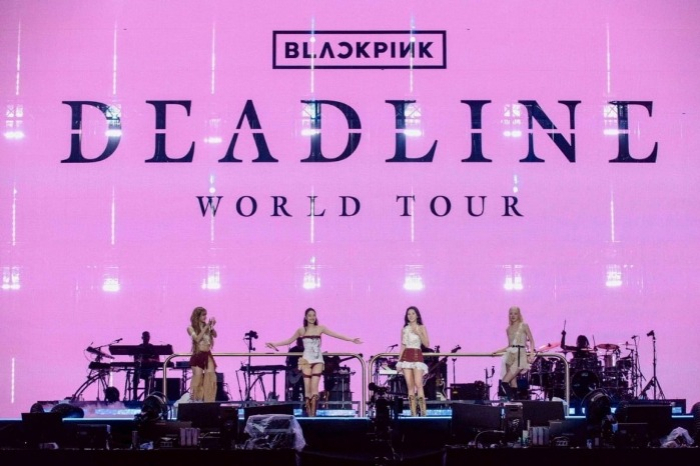
BTS’ Jungkook and IU, a singer and actress, have claimed the top spots on the most-favorite K-pop artist charts in both male and female categories, according to a recent poll.
In a survey conducted by Arirang TV, a South Korean international broadcaster, Jungkook received the most votes of 12.7% in the male K-pop artist category.
Fellow BTS artists filled the remaining top five ranks — Jimin (11.1%), RM (6.9%), V (6.5%) and J-Hope (6.05) — despite their four-year hiatus for military service.
Another boy band SHINee’s Taemin followed with 4.9%, with BTS’ Jin garnering votes of 3.7%.
Suga, another BTS member secured the eighth spot.
Some 601 viewers from 94 countries participated in the poll carried out by the TV network between June 23 and July 7.
Beyond the chart toppers, over 80 male artists garnered votes, reflecting a broader base of preferences for K-pop’s idols.

In the female artist category, IU reigned supreme with a vote of 17.0%.
The singer and songwriter starred in the recent hit Netflix drama “When life gives you tangerines,” adding to her already strong reputation.
BLACKPINK RETURNS AS FULL GROUP
Blackpink, a four-member girl group, commanded the top five of the femal chart, following IU.
Blackpink’s Rosé came in second with 11.3%, trailed closely by Jennie and Lisa — each garnering 10.6%. Karina of girl group aespa secured 5.5% of the vote. Blackpink’s Jisoo rounded out the top five with 5.1%.
More than other 60 K-pop female artists received votes.
YouTube remains the dominant channel for accessing Korean content, with 55.1% of respondents citing it as their primary source, according to the survey.
Social media platforms such as Instagram and Facebook followed at 14.4%, while 12.1% reported using over-the-top (OTT) services including Netflix and Disney+.
Short-form video platforms like TikTok and YouTube Shorts accounted for 7.7%, trailed by traditional television broadcasts at 6.7%.
News outlets and live performances each accounted for less than 4% of K-content access.

The largest share of respondents fell within the 18–29 age group at 34.5%, followed by those aged 30-39 at 29.1%
Other age brackets included 40-49 (15.8%), 50-59 (9.3%), under 18 (5.4%) and 60 and above (4.4%).
The data indicates that interest in K-content is concentrated among younger demographics, particularly those in their twenties and thirties.
The respondents are spread relatively evenly across regions, with Asia accounting for 47.2% of the total. North America followed with 23.4%, Europe at 19.5% and South America at 4.5%.
By country, the US represented 17.6% of the respondents, followed by the Philippines (6.9%), Japan (6.9%), South Korea (5.1%), India (4.7%), UK (4.7%) and China (4.5%).
In terms of gender, women made up 64.1% of respondents, compared to 34.5% for men.
By Yeonhee Kim
yhkim@hankyung.com















